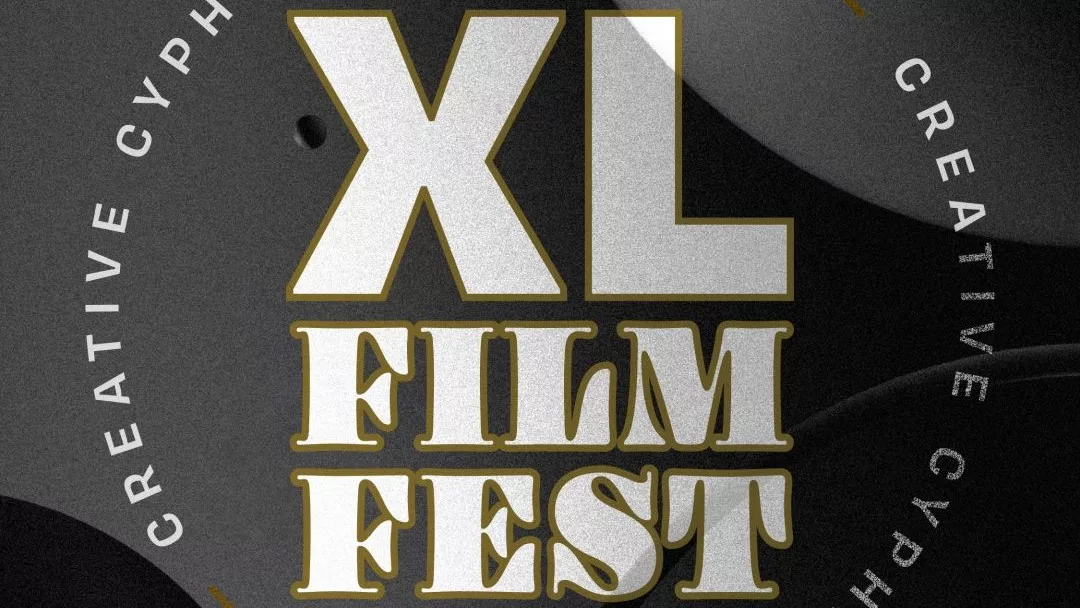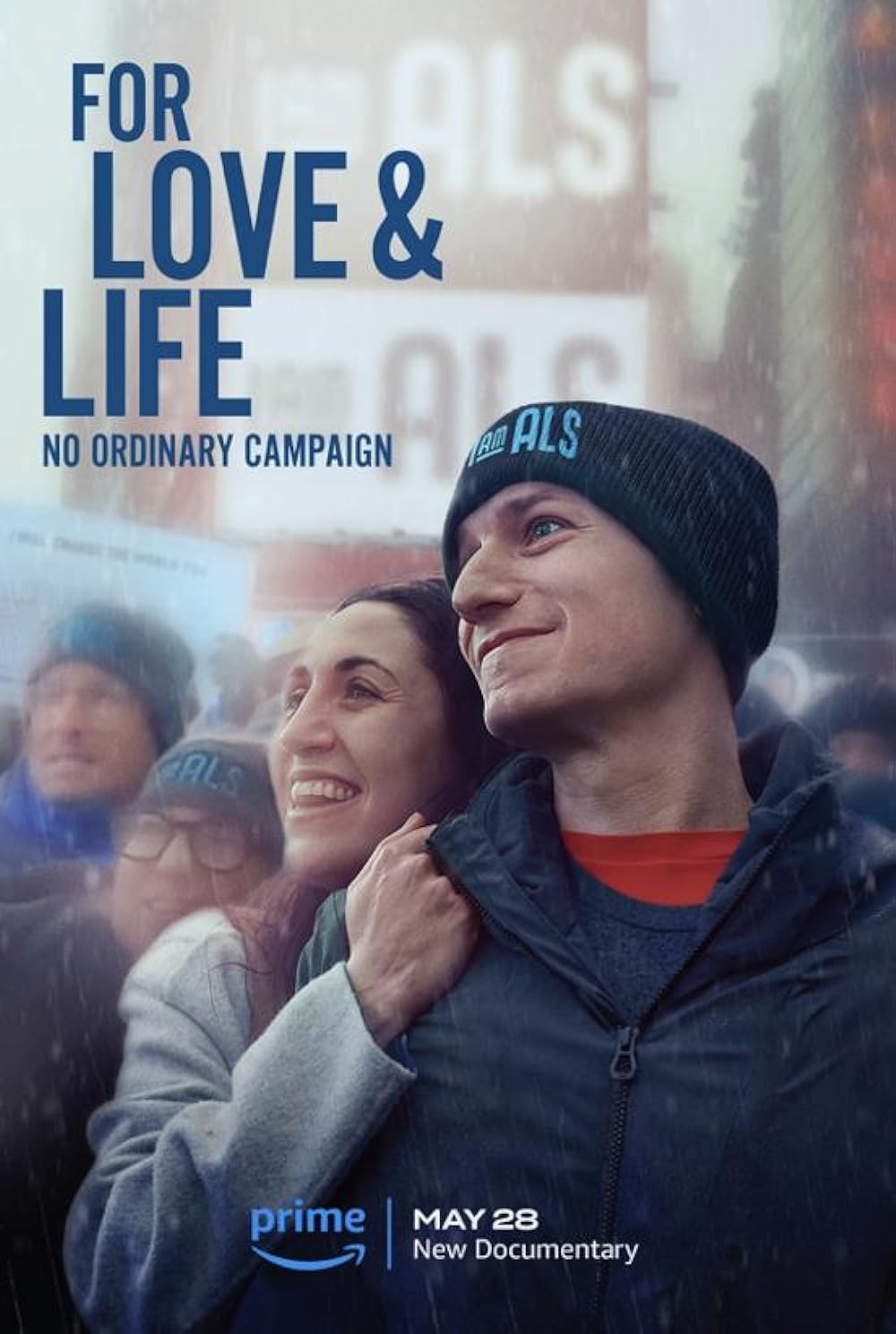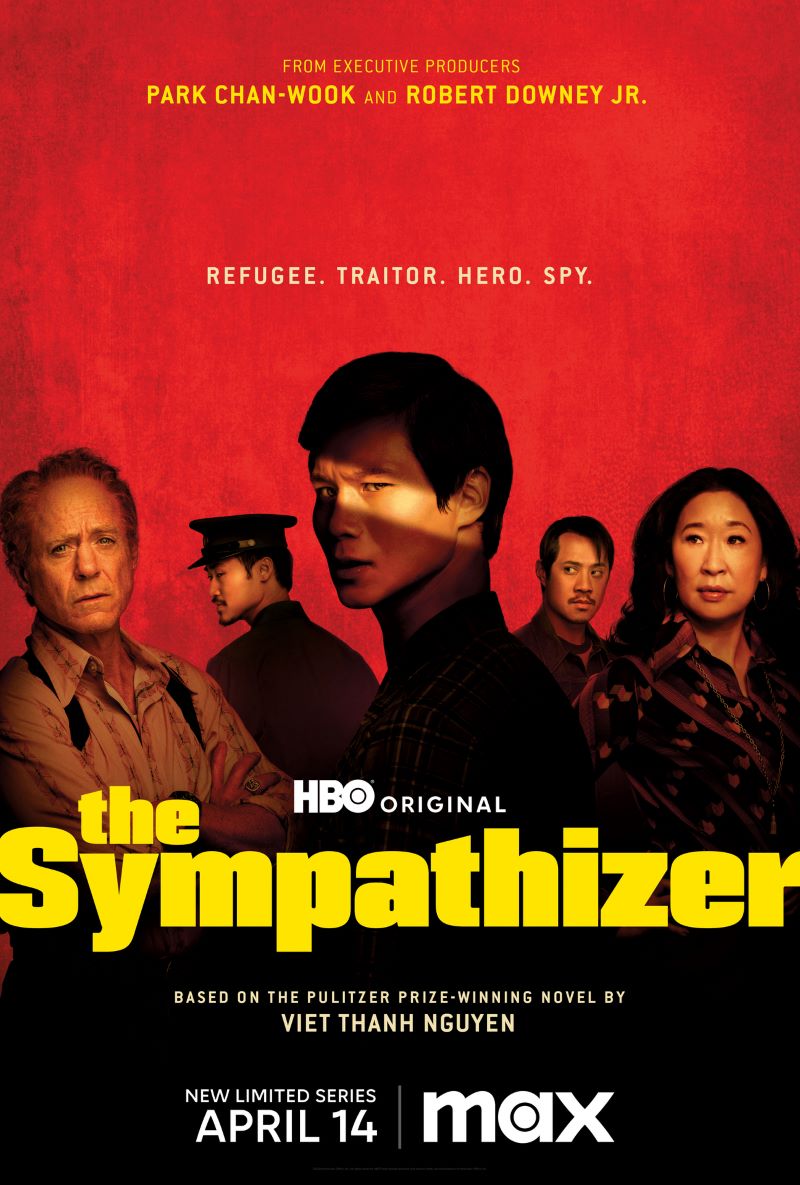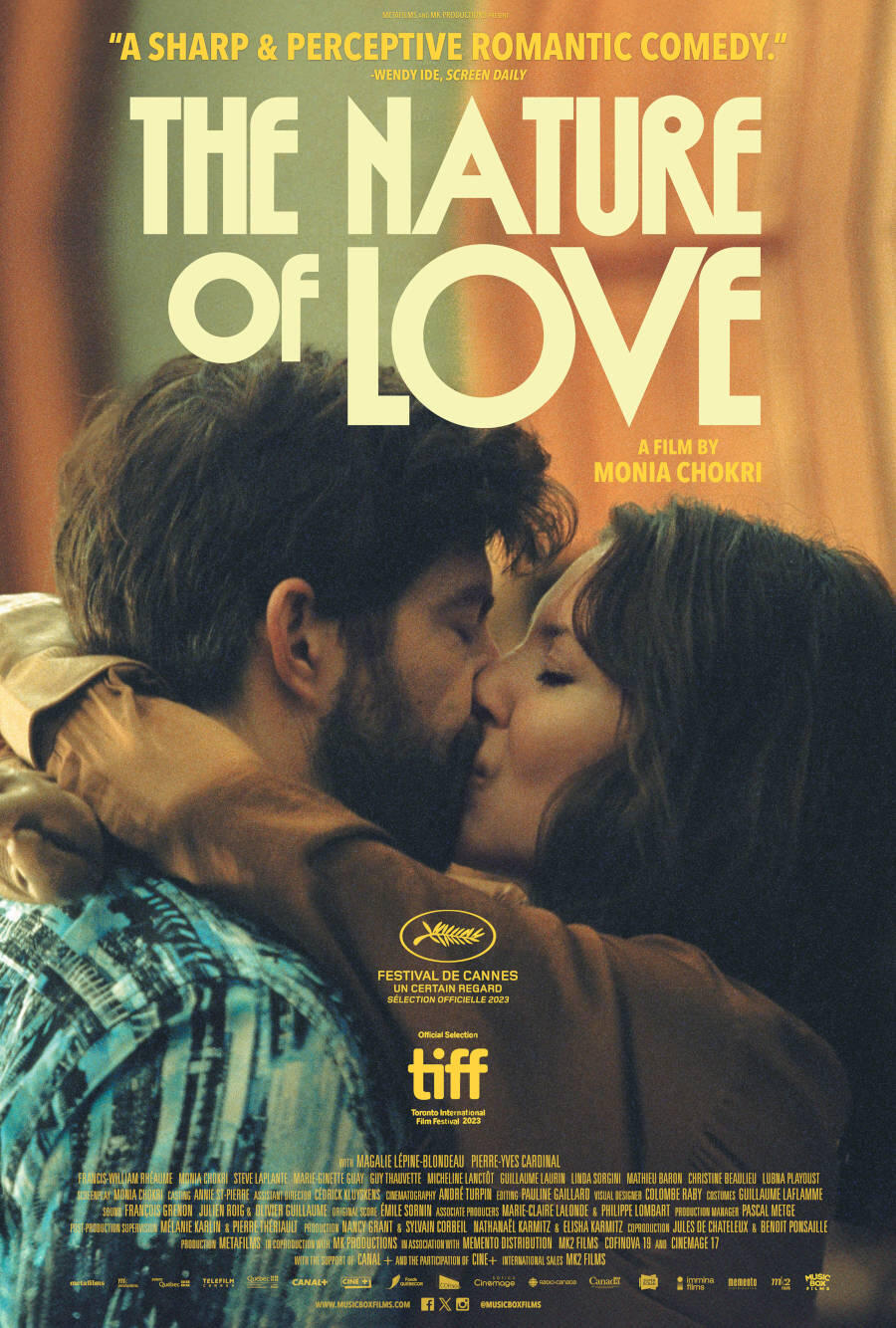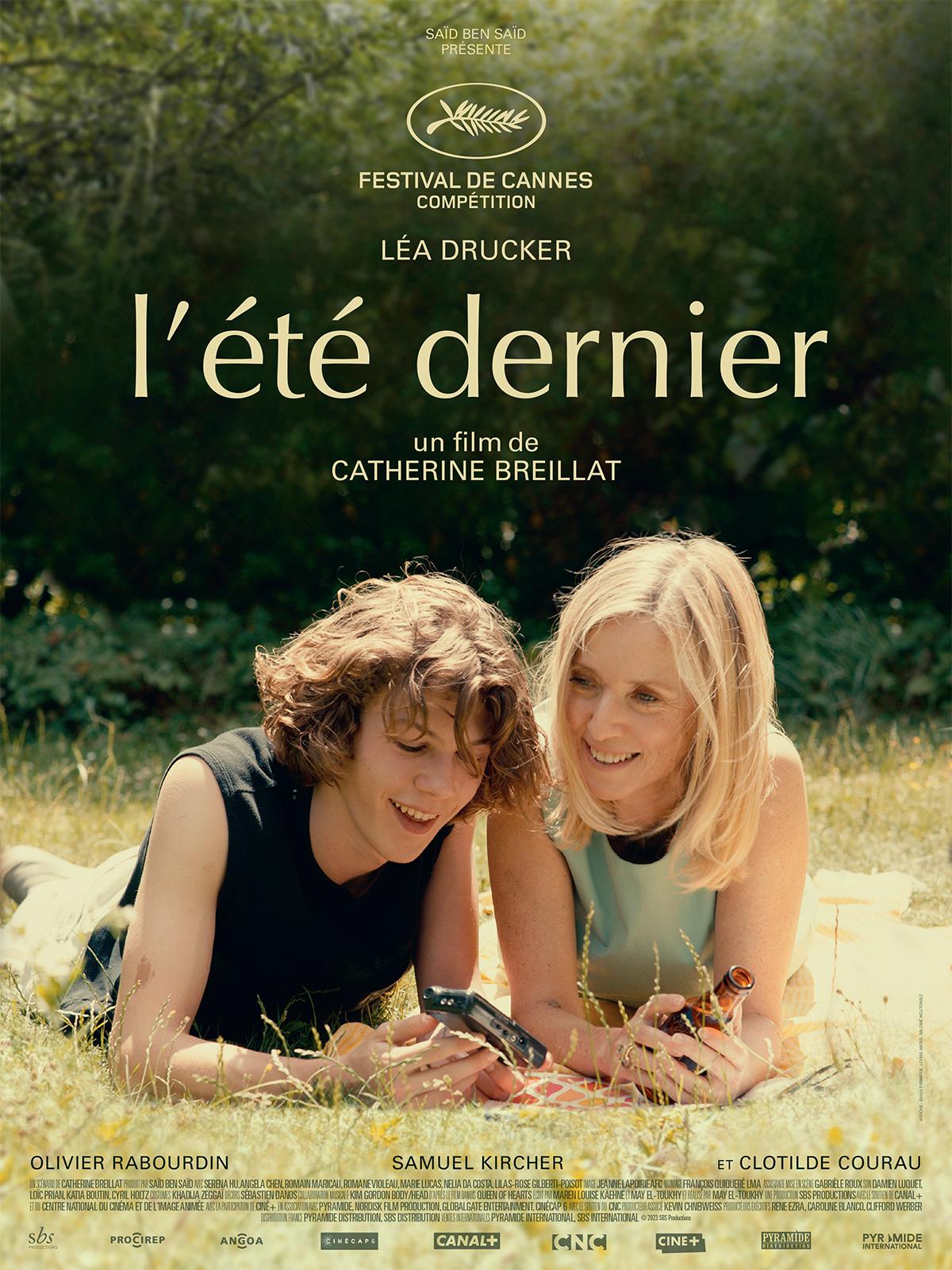XL Film Festival & Summit, founded by Creative Cypher’s Troy Pryor, has returned to Hyde Park for year two, once again hosted at Hyde Park’s Polsky Exchange Center. This year, XL Fest expanded with a series of shorts screened around the corner at the Harper Theater for the August 15-18 weekend. Since its reopening in 2021, the Harper has stuck to its roots as a movie house and culture venue, which originally opened in the 1910s. As a historic destination for the Black moviegoing experience, it was opportune for XL Fest to grow into the Harper.
Building on its diverse programming exhibited during year one, recapped and detailed here by Robert Daniels, the 2024 installment of the festival continues to expand its offerings with a talent-packed lineup and an emphasis on sharing knowledge and experiences in hopes of further breaking down barriers that filmmakers of color, specifically filmmakers who are Black, face in today’s industry.
In addition to the festival’s main attractions, XL Festival & Summit also exhibited artists, including works of photography from “The Chi” actress Yolanda Ross, offered wellness activities such as massages and yoga, and showcased other Black-owned businesses like Funkytown Beer and Luster Products and Productions. One of the presenting sponsors, BMO, also had a strong presence at the festival, but notably beyond simply tabling and writing a check to support production.
The first program I attended on Friday, “Standing on Business,” dove into the details of methods creatives can implement to have better business acumen and develop better financing strategies. Attendees not only heard from producers and filmmakers who have experienced the struggles and triumphs of financing a film or project, both independently and through a studio, but these creatives were in conversation with those who work directly with providing loans and financial means to support production. The panel was moderated by newly Emmy-nominated actor and Chicago native Lamorne Morris, who is often spotted in BMO’s television commercials. My introduction to the XL Fest, “Standing on Business,” did not disappoint; genuine guidance with doses of jokes broke the ice and created a sense of familiarity that lingered the rest of the day, the evening, and into Saturday.
Two of the following Friday evening panels, “Owning the Narrative” and “Blurred Lines,” provided an interesting juxtaposition of what it means to be a Black filmmaker and creative and what it means to remain true to one’s motivations throughout the process. There is a double-edged sword to being a multi-hyphenate, one who holds and embodies several titles. While exploring and gaining experience in multiple roles, “Owning the Narrative” panel member, local producer, and actor Pemon Rami shared that there is power in proudly being great at one thing, and it’s okay to not write-director-edit all alone. “Nobody can make you feel good about what you do besides yourself,” he asserted.
On the other hand, “Blurred Lines” panelist and Chicago-native rapper turned actor Vic Mensa, alongside producer and media executive Terry Jervis, boasted that their multifaceted experiences and time spent across industries has enhanced their ability to offer unique perspectives and see things from an almost-omniscient point of view. “Blurred Lines” panelists also unanimously agreed that “integrity to self” is one of the most transferable skills one can embody when shifting into new titles, which parallels back well to Rami’s enlightenment in the preceding panel.
The festival’s headlining Saturday screening and program included a screening of Kelley Kali’s latest feature film, “Kemba,” and an energetic, honest panel discussion with Chicago’s very own Tate Family: Larenz, Lahmard, and Laron Tate. Kali also participated in two-panel presentations and an intimate Q&A about her film. Both Kali and the Tate brothers delivered sincere presentations on their story of entering and remaining relevant in the film and television industry. The Tate family were not the only veterans participating in Saturday’s lineup; cast members of Showtime’s “The Chi” gathered in a conversation guided by ABC7 news anchor and actress Val Warner. The series is entering its seventh season, which is impressive for any show in today’s current climate but even more so for one centered on Black characters.
Remarkably, many of the panelists and moderators demonstrated a strong interest in engaging with the crowd, fielding questions, and building bridges between the directors, writers, producers, and actors in the room. Not only did they take the time to do this while on stage, but many of the speakers stuck around to listen in and sit among attendees for other programs. Willingness to connect with others in attendance is typical for most film festivals and symposiums, but this feeling was more than palpable during the entire duration of the festival. Through Friday evening’s developing rain shower, which caused festival organizers to shift the outdoor screening back to indoors, attendees braved the drizzle together, sheltered by their mutual desire to mingle and celebrate. Perhaps the outgoing energy is facilitated by Black culture’s unspoken rule of speaking to others when you enter a room; the first step to connecting with others is made easier due to a collective act of respect for making yourself known and acknowledging the presence of others.
While XL Film Festival & Summit places a heavy emphasis on its programming panels and fostering an environment for networking and getting connected, NK Gutiérrez, the Head of Programming of XL Fest 2023 and 2024, shared that a huge emphasis on the festival’s sophomore year was to increase the numbering of film offerings. “We needed more films; we needed space for more films,” she stated. In year one, only one full-length feature film was showcased alongside a handful of shorts. This year, Gutiérrez curated over 40 movies, both full-features and shorts. When reflecting on this exponential growth, she shared, “I feel really proud and satisfied with where we are in year two… to have community support and be able to show work that reflects our community has been so gratifying.”
The curation of shorts was broken down into a newly introduced series inspired by and a play on “For the Culture.” Each of the five installments, “For the Joy,” “For the Healing,” “For the Love,” “For the Laughs,” and “For the Journey,” alluded to the genre or theme of the shorts that the series was composed of. Unfortunately, I could not attend most of the screenings, which took place during the matinee window (11 am to 2 pm) on Friday and Saturday. Fortunately for me, the festival’s structure made it easy to connect with some of the featured filmmakers who were willing to share screening links for me to indulge later.
Despite difficulties one may face during the early stages of creating something new, whether that be a film itself or an entire festival, the sustaining factor to its success lies within one’s willingness and ability to be collaborative and inclusive of the community throughout the process. One of the unifying themes in the copious amounts of advice shared throughout the weekend is that an idea’s potential is one of the top factors under consideration when contemplating joining and collaborating on a project. Guests, speakers, and attendees all recognize the potential Pryor has tapped into when organizing a convening geared towards the celebration and betterment of the Black experience in cinematic and content creation spaces.
It’s possible that Pryor’s vision and goals for the XL Festival & Summit could have inspired the festival’s name (Extra Large). However, the festival founder elaborated that XL stands for “excellence and growth” and is also an evolution from the XL Content Accelerator Lab, which was first actualized five years ago. Continued growth is undoubtedly not an issue for this fresh festival, and it’s evident that Chicago’s Black film community is ready to rally and contribute as a collective. Together, they can cement the Midwestern metropolis as one of the leading places for entertainment creation and its makers to thrive.
